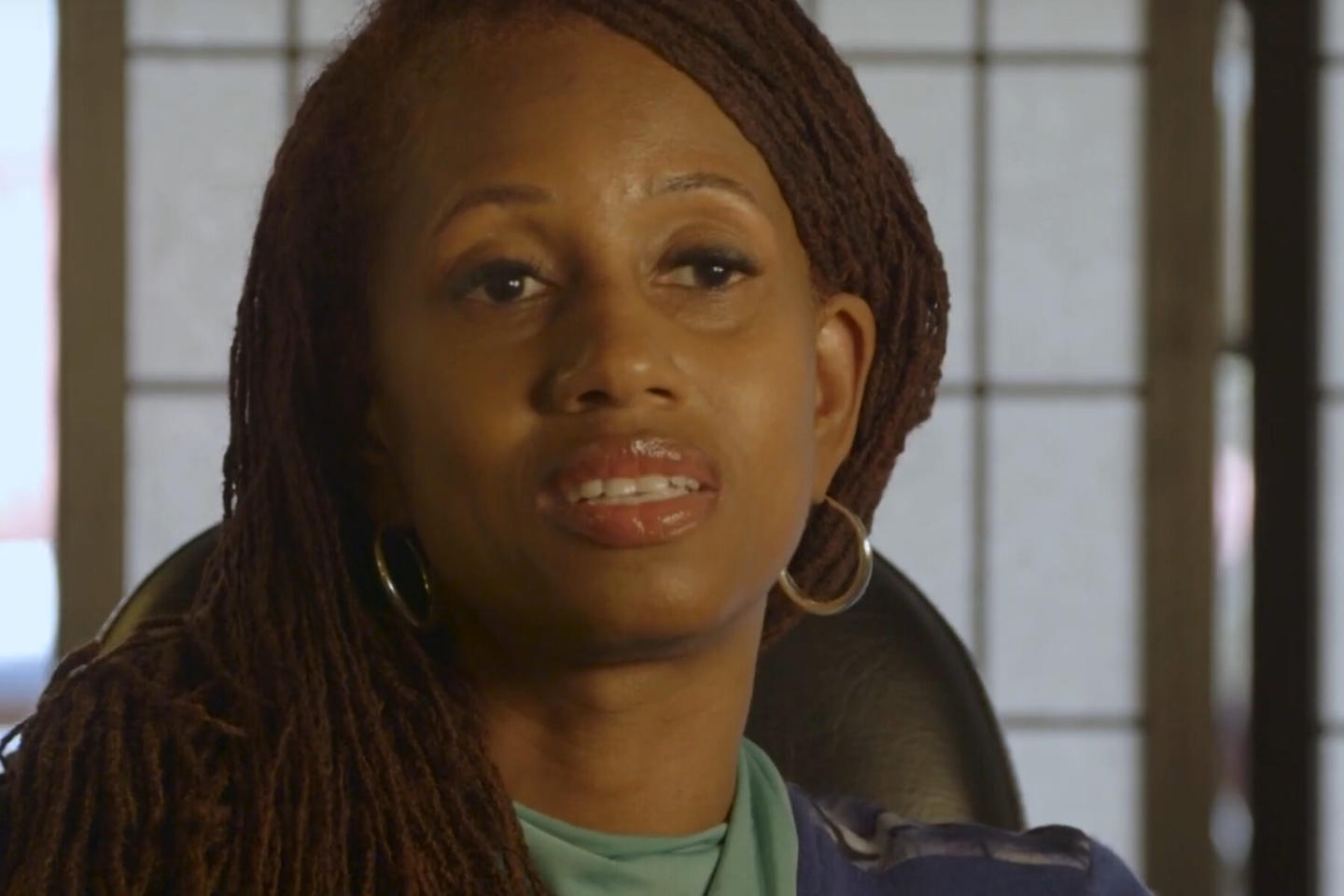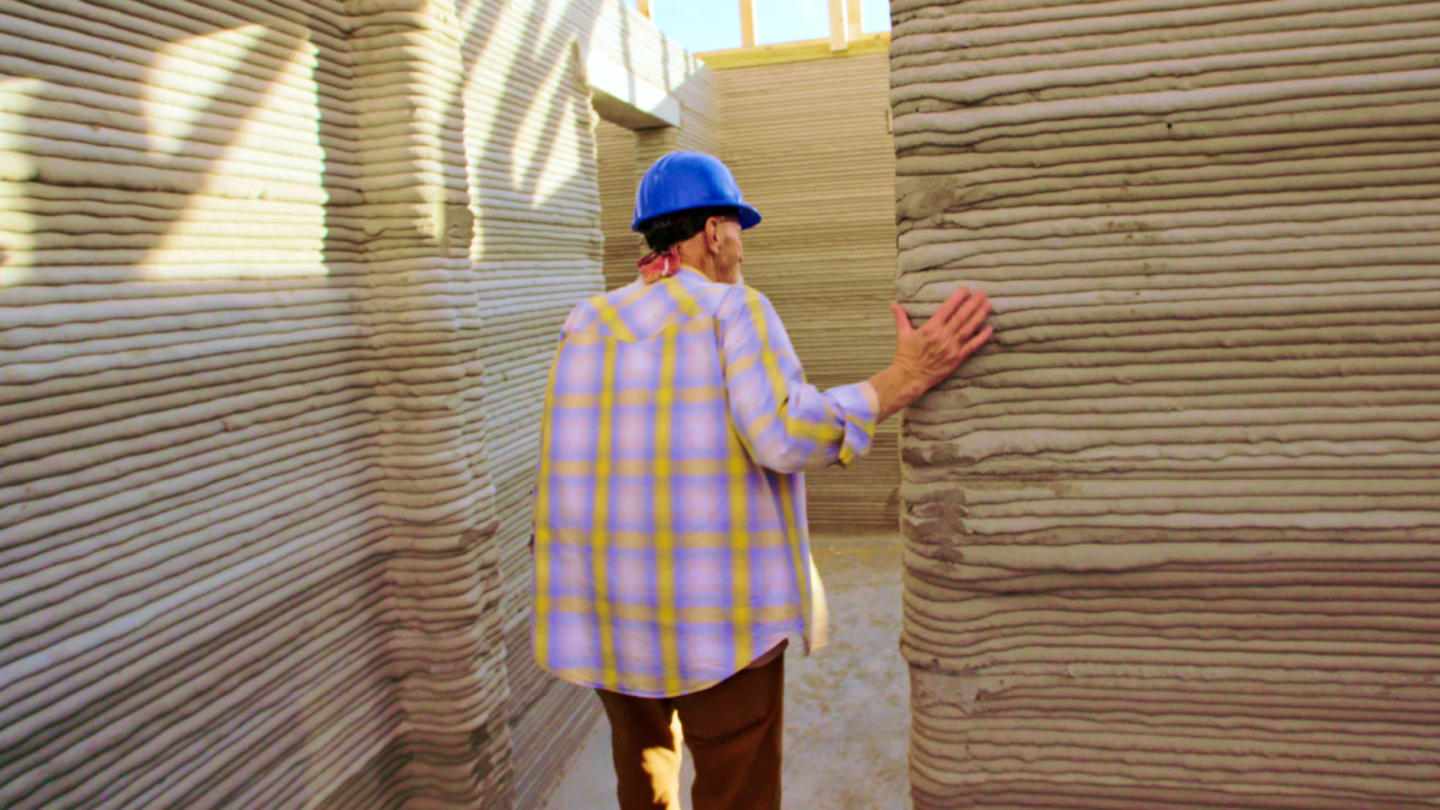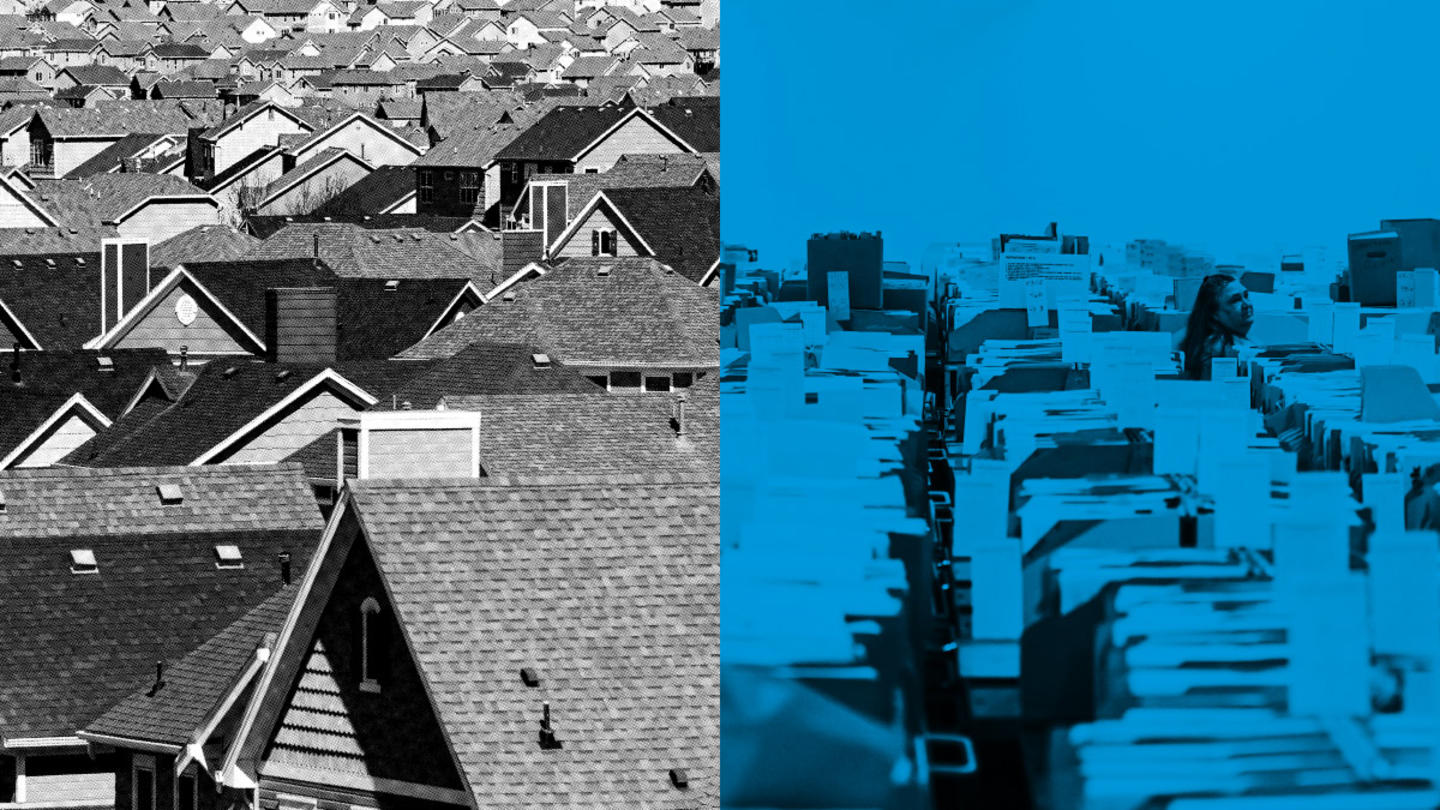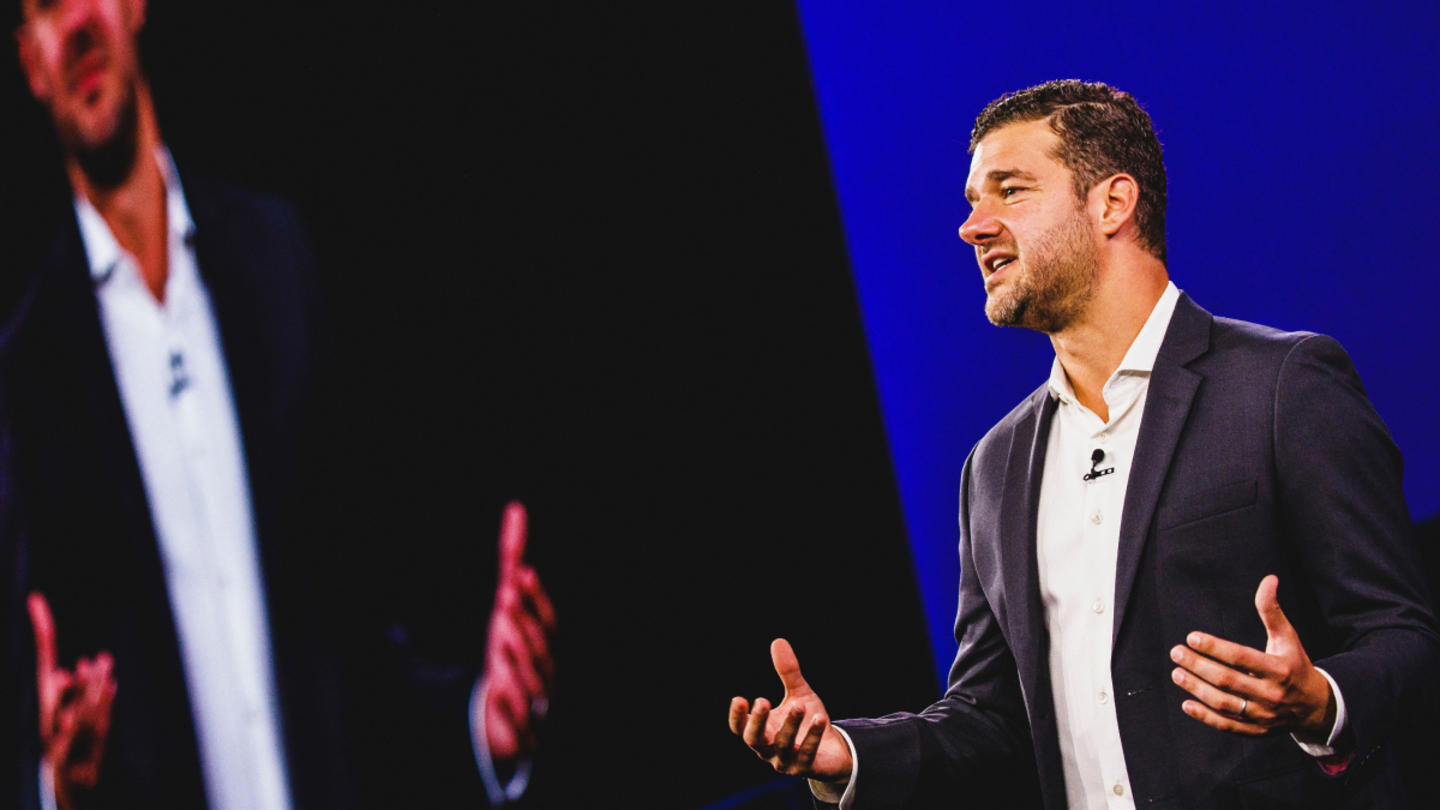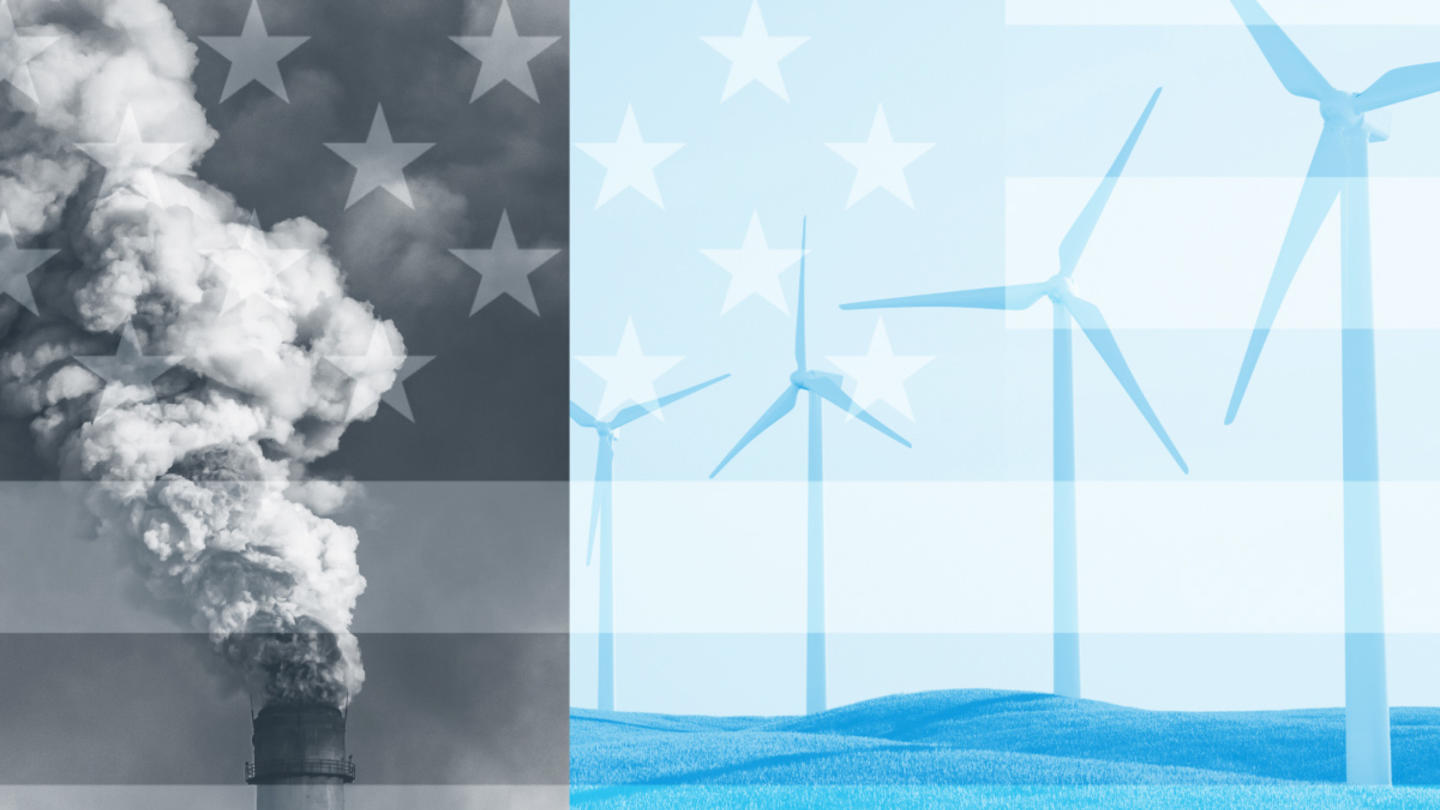After discovering her passion for braiding women's hair, Melony Armstrong decided to turn her skill into a career by starting a business—until she was told she couldn't.
At the time, Mississippi required that Melony pay $10,000 and sit through 18 months of cosmetology training before she could open her doors. She could have become a firefighter, police officer, or hunting instructor in less time than was required to become a professional hair braider.
These permission slips from the government to work are known as occupational licenses. Today, these licenses apply to one-in-four jobs across the country, limiting people's ability to find fulfillment by pursuing careers they're most passionate about.
The businesses that lobby for them say they're necessary for public safety. While that's true in some cases, their real intent is often to protect established businesses from new competition.
That didn't sit well with Melony. "Just because something is, doesn't mean that's the way it has to be," she said. So, Melony set out to change the law—and after seven long years, she finally won. The day after the reform was signed into law, more than 300 women became hair braiders themselves. Since then, 4,000 people have benefited from that reform.
Melony started working with Americans for Prosperity—part of the Stand Together community—in 2016 to build upon the good she had already done for so many. Working together, Melony has helped successfully advocate for similar licensing reforms in other states, opening new opportunities for more than two million people.
Learn more about Stand Together's efforts to make the economy work for all and explore ways you can partner with us.
